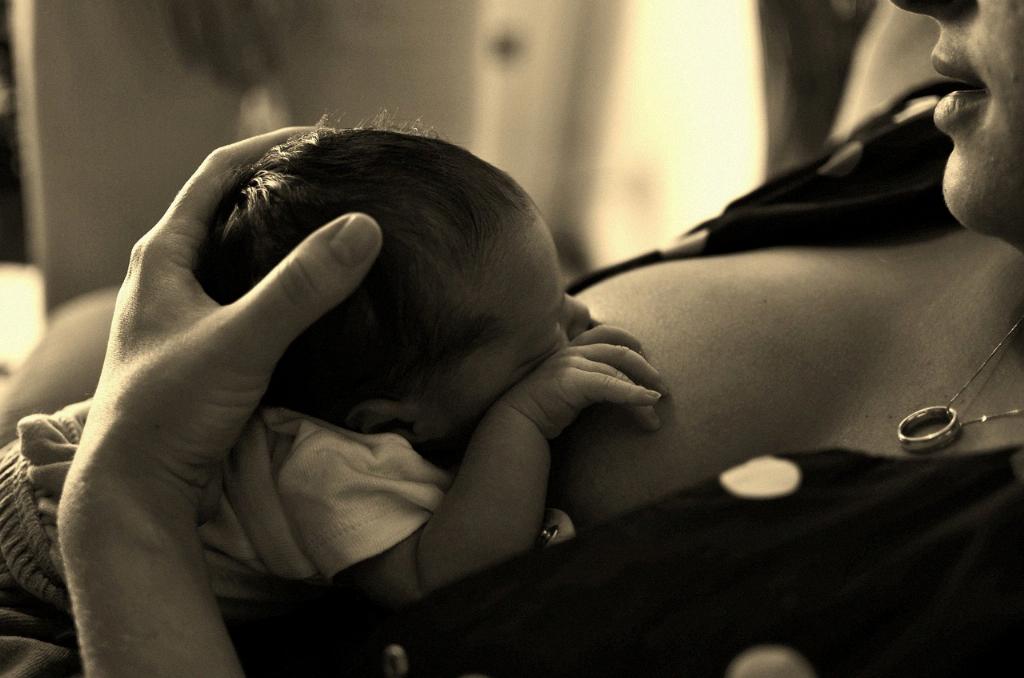When it comes to feeding your newborn, one of the most common questions new parents have is how long each feeding session should last. The truth is, there is no set answer to this question as every baby is unique and may have different feeding needs. However, there are some general guidelines you can follow to ensure your baby is getting enough nourishment.
It’s important to remember that newborns have tiny stomachs and need to eat frequently. As a rule of thumb, it is recommended that you feed your newborn whenever they show signs of hunger, rather than sticking to a rigid schedule. This means you could be feeding your baby as often as 8-12 times a day, or every 2-4 hours.
During the early weeks, feeding sessions may take longer as your baby learns to latch properly and establish a good feeding rhythm. It’s normal for a newborn to feed for up to an hour at a time, especially if they are breastfeeding. This prolonged feeding time allows the baby to receive the essential nutrients and build a strong bond with the mother.
As your baby grows and becomes more efficient at feeding, you may notice that the duration of each feeding session decreases. This is because your baby can extract milk more effectively as they get older, resulting in shorter, but more nourishing feeds. Don’t be alarmed if your baby only feeds for 10-20 minutes per session once they reach the 2-3 month mark.
It’s important to pay attention to your baby’s feeding cues to determine when they are satisfied. Look for signs such as turning away from the breast or bottle, closing their mouth, or falling asleep. These signals indicate that your baby has had enough and it’s time to end the feeding session.
For breastfeeding mothers, it’s essential to allow your baby to feed on demand to establish a good milk supply. The more often your baby nurses, the more milk your body will produce to meet their needs. This is why frequent, unrestricted feeding in the early weeks is crucial for successful breastfeeding.
If you are bottle-feeding your newborn, be mindful of the amount of milk you offer at each feeding. Newborns typically consume around 1-3 ounces per feeding, but this can vary from baby to baby. It’s important to let your baby dictate how much they want to eat and not force them to finish a bottle.
As your baby continues to grow and develop, their feeding habits will naturally evolve. By around 6 months of age, most babies can go longer between feedings and may start to show interest in solid foods. This is an exciting milestone in your baby’s development, but always consult with your pediatrician before introducing new foods.
In conclusion, there is no one-size-fits-all answer to how long a newborn should feed for. It’s important to follow your baby’s cues, feed on demand, and trust your instincts as a parent. Remember that feeding is not just about nourishment; it’s also a time for bonding and connection between you and your little one. Enjoy these precious moments and cherish the time you spend nourishing and nurturing your baby.

